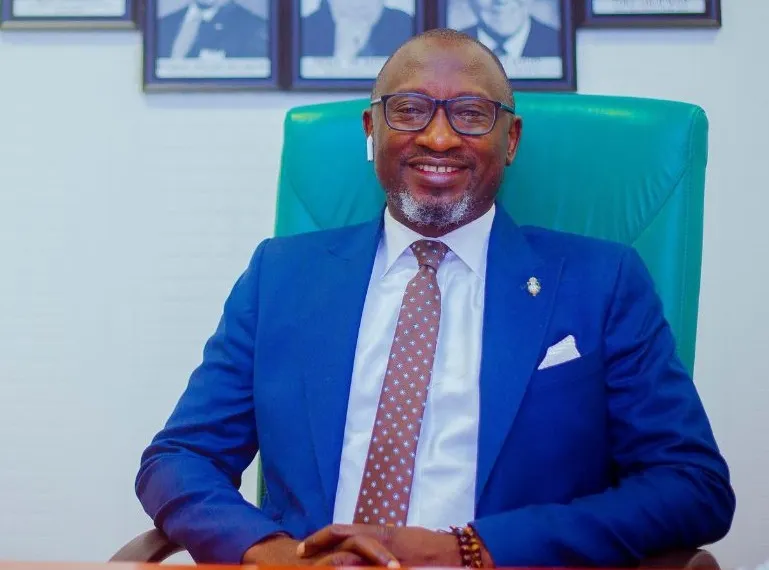The Nigerian Economic Summit Group (NESG) has called for the adoption of risk-tolerant financing models to close systemic gaps in healthcare access, quality, and infrastructure across both urban and rural areas.
At a high-level pre-summit dialogue in Abuja, themed “Catalytic Capital for Healthcare: Bridging Nigeria’s Systemic Gaps”, NESG identified catalytic funding as a tool for crowding in private investment and promoting innovative financing models critical to sustaining ongoing reforms in the health sector.
It noted that the initiative aligns with the government’s renewed investment drive under the Presidential Initiative for Unlocking the Healthcare Value Chain (PVAC) and the Nigeria Health Sector Renewal Investment Initiative (NHSRII).
Facilitator of the NESG Health Policy Commission, Dr Mories Atoki, stressed the importance of strategic partnerships in achieving Universal Health Coverage (UHC), while warning that brain drain and poor investment in diagnostics remain major setbacks.
She argued that affordable, quality diagnostics are vital for early disease detection, cost-effective treatment, and improved patient outcomes.
According to Atoki, catalytic capital designed to absorb early-stage risks can help de-risk investments, attract private funding, and unlock systemic reforms across the healthcare value chain, from primary care and infrastructure to local manufacturing.
Also speaking, Dr Richardson Ajayi, described Nigeria’s private healthcare sector as fragmented and dominated by individual practitioners, limiting large-scale investment opportunities. He noted that health insurance penetration remains low, with 70–80 per cent of healthcare costs paid out-of-pocket, while dependence on imports due to limited local manufacturing is unsustainable amid foreign exchange constraints.
In her keynote address, Co-founder and Chief Executive Officer of Iwosan Investments Limited, Ms Fola Laoye, underlined the role of risk-tolerant financing in driving sustainable private sector participation. She disclosed that Nigeria’s healthcare market, valued at about N40 trillion ($15–20 billion), is projected to grow by 7–8 per cent annually.
Laoye advocated the creation of an African Health Fund to reduce aid dependence, allocation of 25 per cent of health insurance funds to infrastructure.
And the establishment of a sustainable capital base for the sector.
In a panel session, Thematic Lead for Health as a Business at NESG, Dr Ayodele Cole Benson, discussed strategies to boost local medical manufacturing, cut reliance on imports, and attract investment.
Similarly, Ms Olufunke Falade of the Nigeria Sovereign Investment Authority (NSIA) highlighted efforts to provide Active Pharmaceutical Ingredients (APIs) and excipients to support local drug producers, while Chief Executive Officer of Lily Hospital Group, Dr Austin Okogun, spoke on private sector-led healthcare innovation.
Managing Director of MTN Foundation, Mrs Odunayo Sanya, reaffirmed the organisation’s commitment to sustainable healthcare interventions, describing its role as a “statement of faith” in partnerships for lasting impact. She added that MTN’s sustained community health investments have created a platform for collaboration with other corporate players, amplifying the benefits of catalytic capital.
Participants at the forum agreed that strengthening Nigeria’s healthcare system is both a public health necessity and a driver of human capital development, economic productivity, and inclusive growth.






